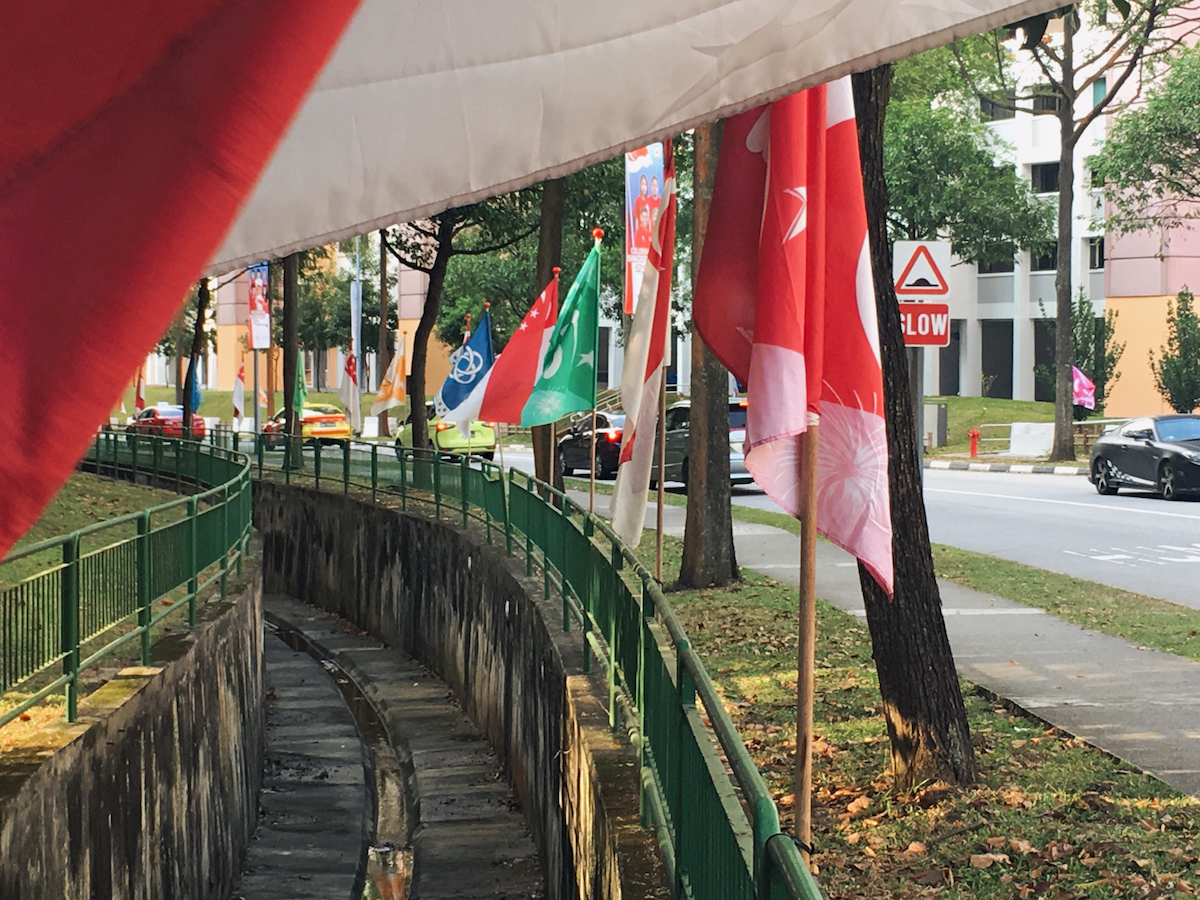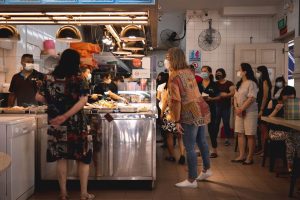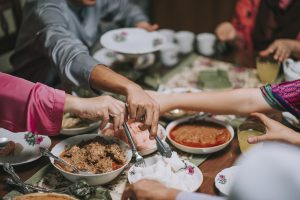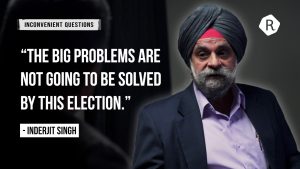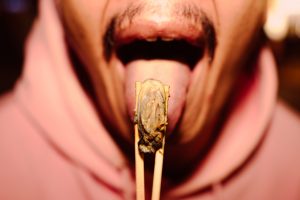Overwhelmingly, the answer was, “Yes”.
The main reasons included National Service, the government, rapid landscape change, and, of course, a poorly performing public transport system.
Yet what exactly does it mean to be patriotic in Singapore?
Reddit user delta_p_delta_x posted a photo depicting over 20 flags lining a public walkway in light of National Day, titled, “Way too much patriotism?”
It was funny and timely, but can we really count putting up flags as an act of patriotism?
If anything, Singaporeans now tend to be more nationalistic than patriotic.
The definitions may differ slightly, but they detail high standards for citizens – standards that many Singaporeans today, myself included, probably wouldn’t meet.
When we were younger, patriotism in Singapore seemed simple enough: hang flags from windows during National Day; support our athletes at the SEA Games; sing the national anthem and recite the pledge every morning; accept and serve our National Service.
Today, these acts feel like a given and, in some cases, even seem to be losing their significance.
Fewer (independently hung) flags are seen during National Day. In 2015, during our 4-day holiday in celebration of our Jubilee, there was a 738% surge in flights booked to leave the country.
When Schooling won Gold at the Olympics, we turned out in droves. But when he clinched Bronze at the World Championships, we stayed relatively silent. And over the years, National Service has come to mean a compulsory ‘waste of time’ rather than a reflection of our commitment to dying for one’s country should the need arise.
If anything, Singaporeans now tend to be more nationalistic than patriotic. Whether it’s Anton Casey calling us poor people, Sun Xu calling us dogs or Buzzfeed insulting our ice cream sandwiches, Singaporeans often lambast the (usually foreign) persons or entities that even dare insult us or our culture.
While this is to be expected because we’ve been taught to stay ahead of others and remain at the top of the food chain, I suspect our pride in Singapore is rooted less in genuine love for our country than it is in the belief that we are superior to other nations.
That said, it doesn’t mean we are completely unpatriotic. We’ve simply developed a different way of showing it.
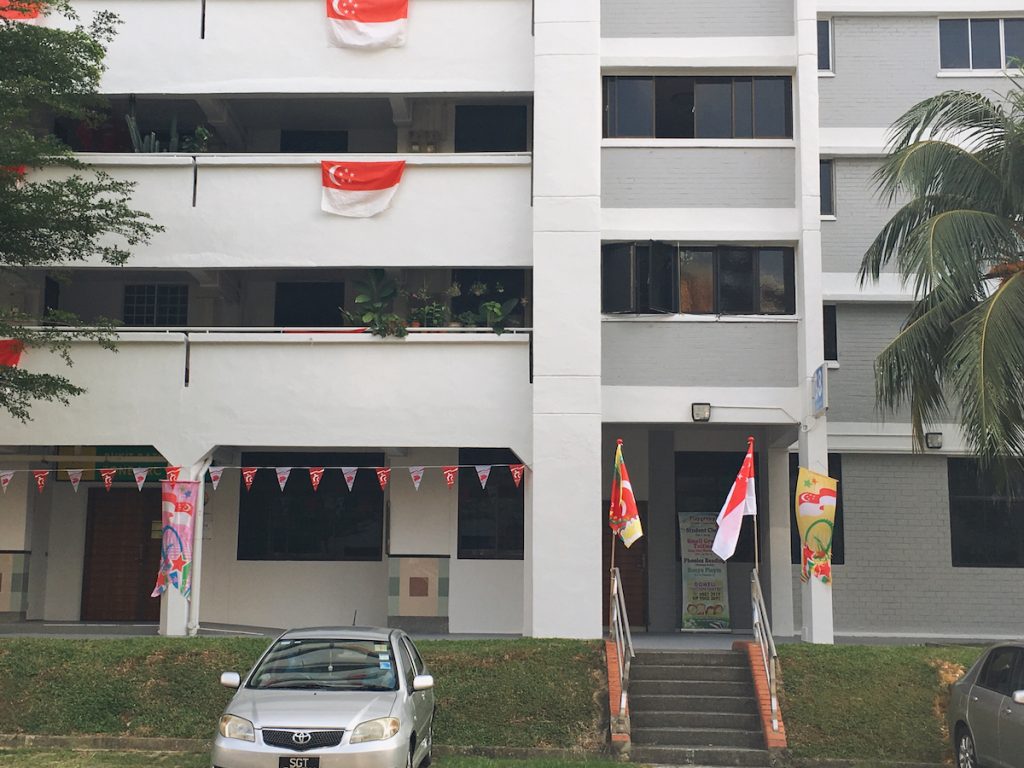
As Michelle Chong broadly summarised recently, “We don’t have to worry about civil wars, famines, natural disasters, guns, drugs, political unrest and homelessness”.
As such, our brand of patriotism would naturally be different from say, the United States, where patriotism is displayed via fireworks on the 4th of July, protesting in the streets, supporting veterans, or volunteering for the army.
So, besides hanging flags for National Day, what would Singaporeans today consider patriotism?
For me at least, I see patriotism in the everyday work of Singapore’s activists. This means actual action, not just complaints online.
These activists take on, and actively champion local causes – whether social, political or environmental. These are the people who have willingly sacrificed something, or done something at personal cost, be it time, money, effort and/or reputation, in order to achieve what they believe will make a better Singapore.
Unlike your everyday keyboard warrior, they actually walk the talk.
Of course, the idea of “better Singapore” can also be highly subjective. We have a diverse range of activist groups, like the Nature Society and We Believe In Second Chances, Transient Workers Count 2, Don’t Kena Contempt, Pink Dot, and even guys like We Are Against Pink Dot and Focus on the Family, all fighting for their version of a better Singapore, regardless of how liberal or bigoted any of us might think their views are.
If anything, this is still more than remaining apathetic
On the other hand, WAAPD fights against what it sees as the normalisation of homosexuality in Singapore. From their perspective, a heteronormative Singapore is the better Singapore.
Although the beliefs of WAAPD and Pink Dot SG stand in opposition to one another, both can be said to be working towards what they believe, no matter how problematic giving both movements equal value might be.
Of course, this overlooks the discussion of whether the outcomes of such activism are good, right or agreeable, but that’s beyond the scope of this article. If anything, this is still more than remaining apathetic, being an armchair critic, or making the effort once a year to display your country’s flag.
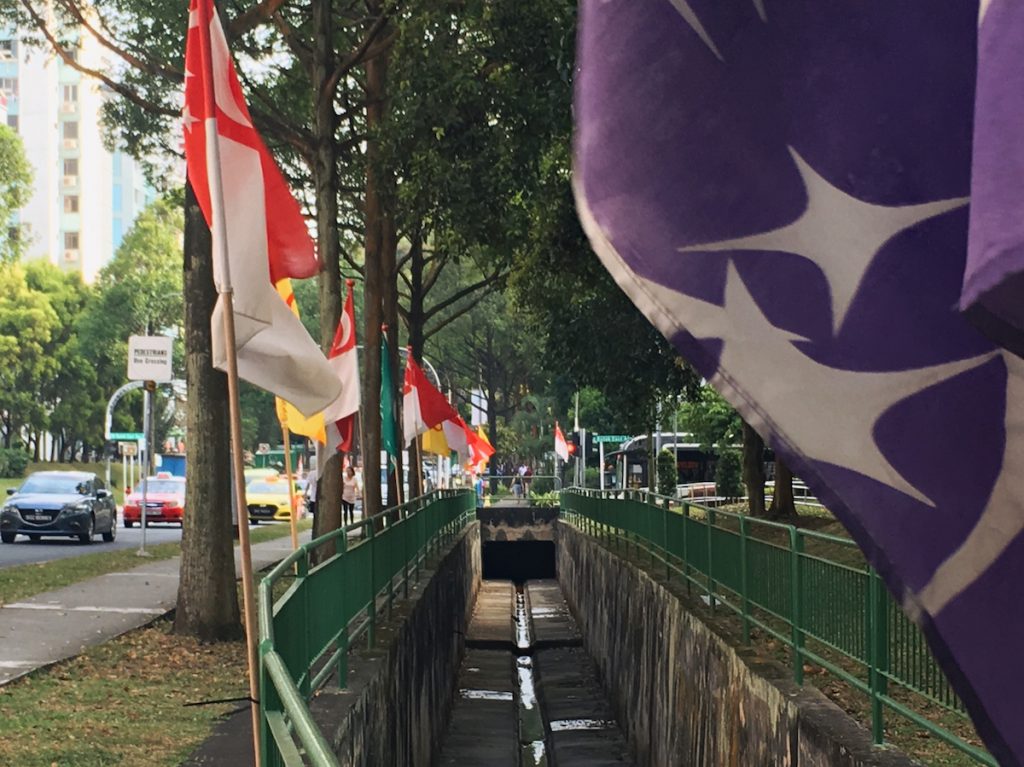
Essentially, we all have things we’d like to change about Singapore. Even if it’s just showing up to a rally at the Speakers Corner, speaking to our MPs or writing to the Straits Times Forum, there are things we can all do that will have more consequence than merely typing and complaining (our national pastime) .
In redefining patriotism for our own local context, we may eventually rediscover our love for Singapore.

